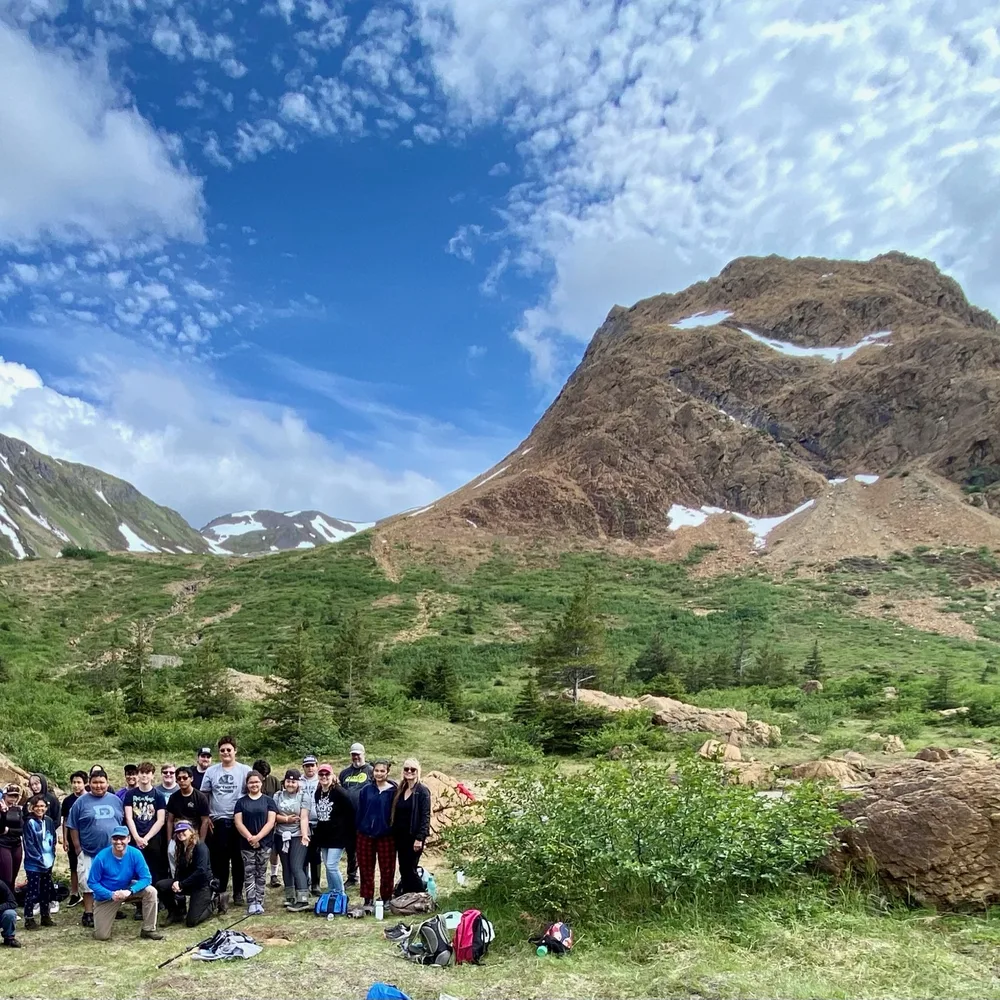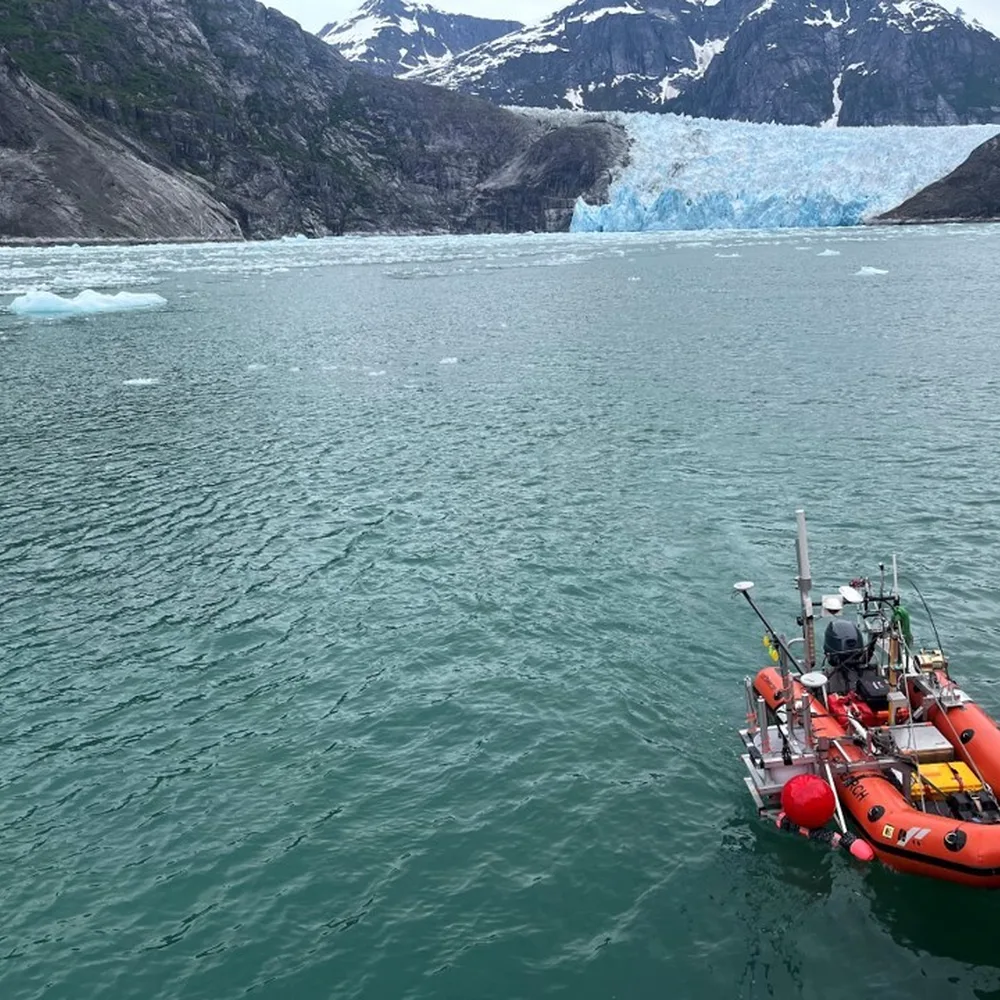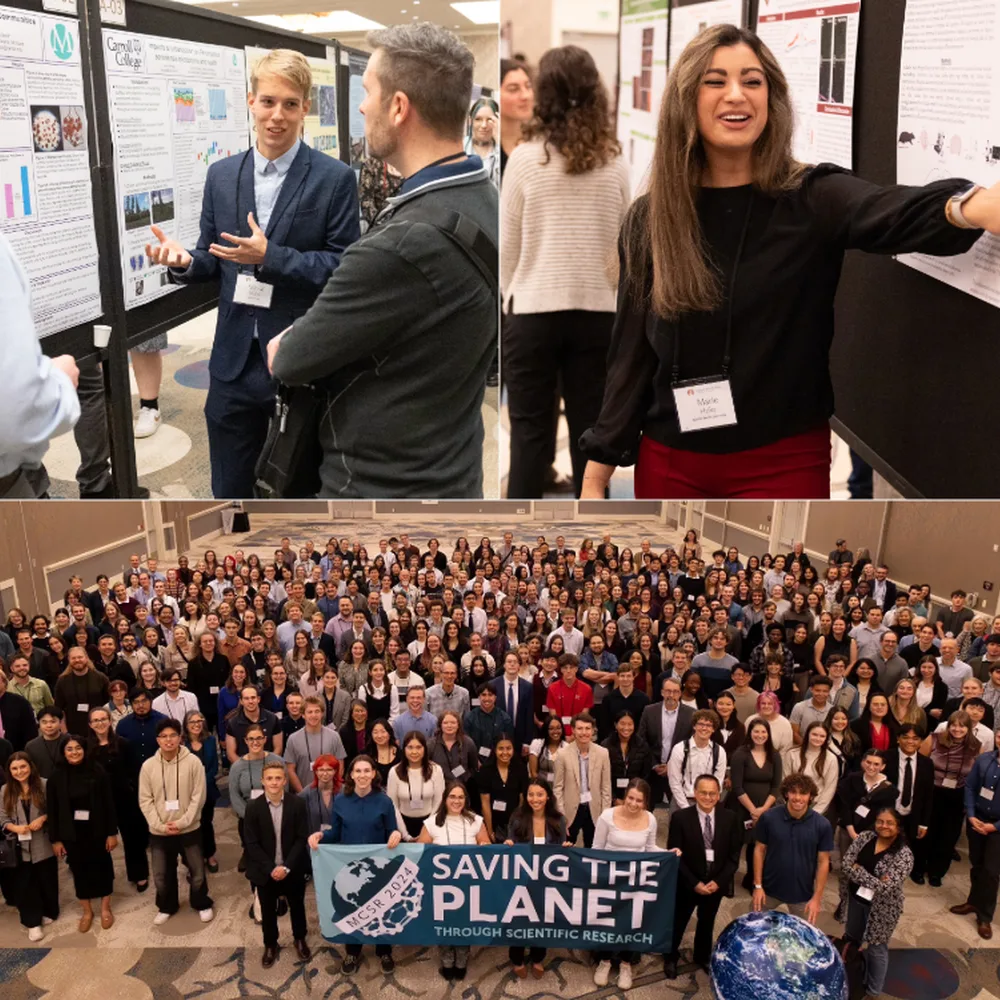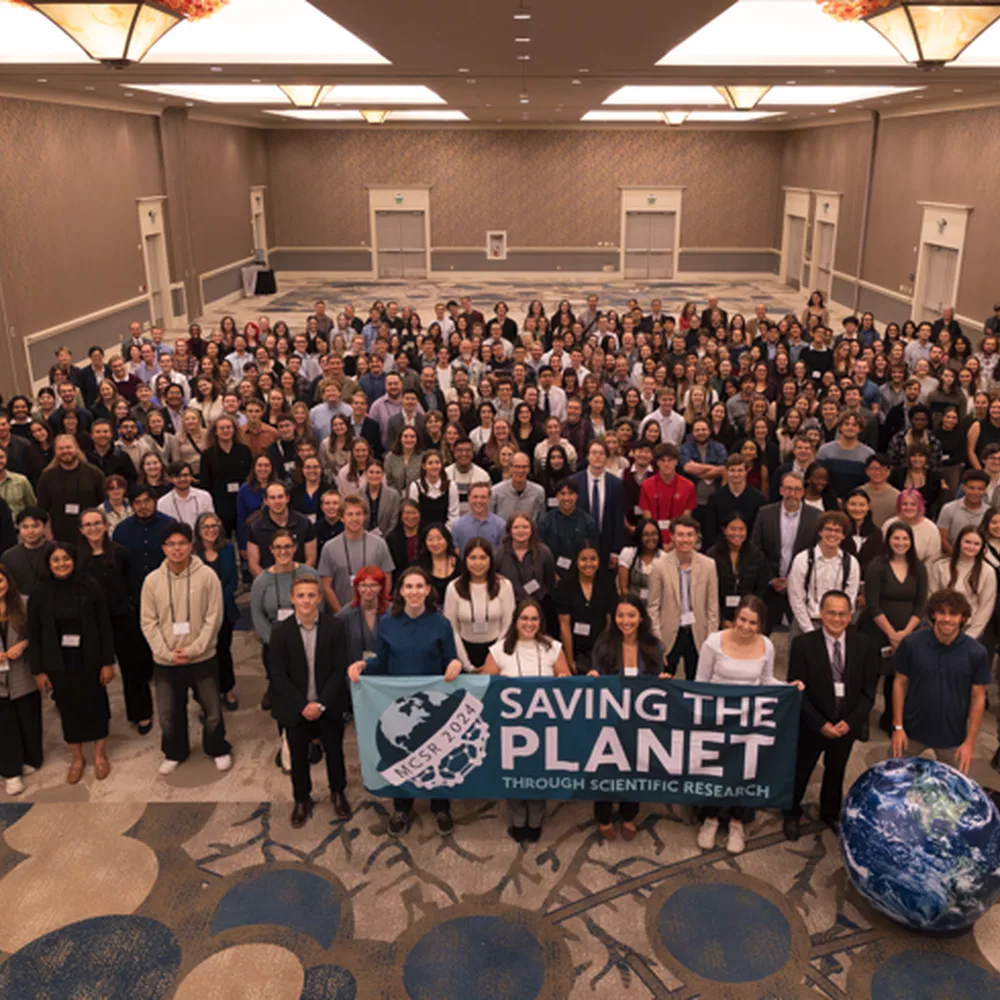Today’s blog is a guest post by Shannon Hendricks who serves as an Oregon Fellow with the Trust.
A hallmark of the Murdock Trust over its 45-year history has been a commitment to listen to those we serve. Rather than seek to direct the work that needs to be done in rural Montana or urban Seattle or suburban Idaho, our team has always looked to those who are closest to the communities we serve and listen to the work they feel is most important so we can come alongside and support them in ways that make the most impact.
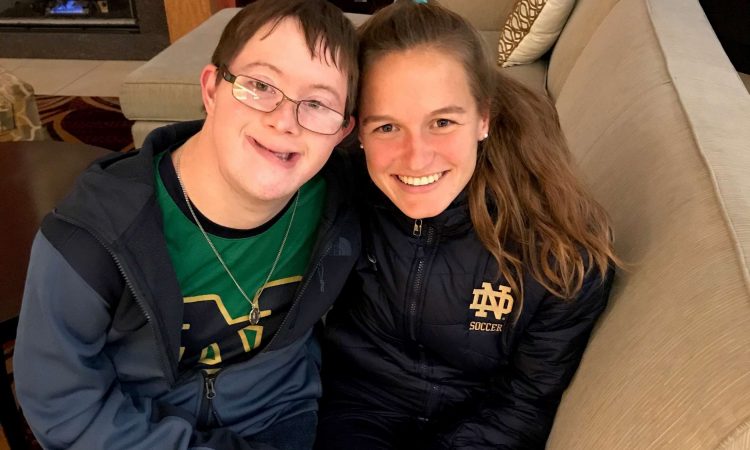
We also seek to listen in a variety of other ways to help ourselves grow and evolve as an organization. From our convening work with local leaders to our regular feedback surveys with applicants and grantees, we know one of the best ways we can learn is by making space to hear the voices of those we serve.
We are fortunate to have a variety of leaders representing the diverse communities of the Pacific Northwest who are willing to meet with our staff and help share background and context on various cultural and community issues that can have an impact on the way we engage with constituents. While I acknowledge I am an able-bodied individual, I recently had the opportunity to participate in and help lead one of these conversations with our team as I shared my own life experience both growing up with my amazing brother who has Down syndrome and working in this field for the past seven years.
This is a landmark year to celebrate our friends living with disabilities as it has been 30 years since the Americans with Disabilities Act (ADA) was passed by President George H.W. Bush in 1990. It is important to take time to both recognize how far we have come as a country and to acknowledge how much work there is left to do in including individuals with disabilities. While the ADA created more avenues for full participation into society for individuals with disabilities and was the first federal document prohibiting discrimination based on ability, there are still many ways our society needs to be more inclusive.
Reflecting on the ADA and imagining the best world for my brother to live in, I have learned that individual change, listening, and sharing experiences are the best ways to be more inclusive. A simple place to start is through language. Something I have noticed growing up with my brother is sometimes people talk to him differently. Well intentioned people can unknowingly raise their voice, lean closer, or talk to me instead of addressing him. One way to be inclusive, is to talk to him directly and in a voice and using words you would use to communicate with any other person. If he does not understand at first, try rephrasing or communicating in a new way. Give him the opportunity to speak for himself and if he needs extra support, I or whoever he is with will fill in the gaps.
Building on this, using people-first language when referring to individuals with disabilities is crucial. This means referencing the person first and expressing the diagnosis second. For example, I say my brother who has Down syndrome not my Down syndrome brother. Another example is saying the boy has Autism instead of the boy is Autistic. Having a disability is a part of the person, not the person. (Note: In professional settings and as a default it is recommended to use person-first language. However, there has been some movement within the disabled community of changing language to identity first instead of person first. Whenever possible, it is best to ask individuals how they prefer to be addressed.)
Another way to be inclusive is through engagement. Talk to my brother, read local disability policies, and seek out opportunities in your local community. My brother looks different and at times people will stare. Instead of looking at him blankly, engage with him. Say “hello,” smile, and ask how he is. He is a person and wants to interact with you. Through getting to know him and others in this community, you will make lifelong friends, learn invaluable lessons, and have a more nuanced understanding of what it means to be an inclusive society.
The post Fostering inclusion through language appeared first on M. J. Murdock Charitable Trust.

